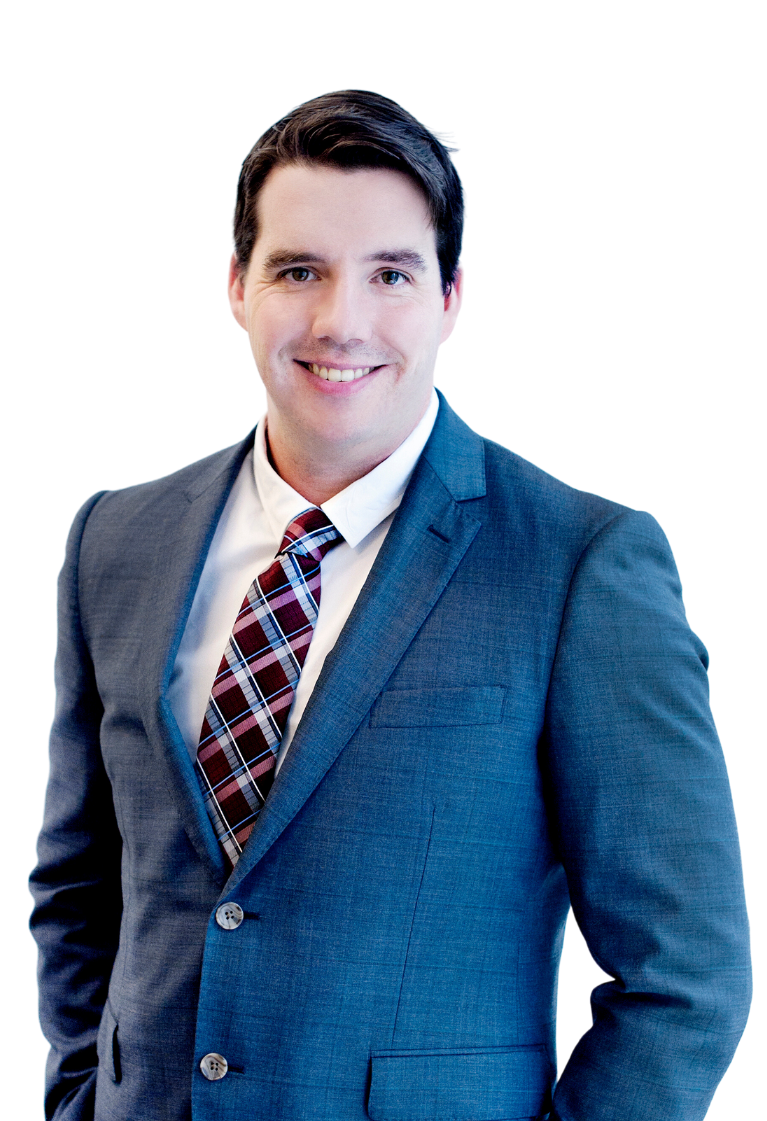Occupiers, beware the unpredictability of children.
While there was no determination or finding of liability, a recent failed summary judgment motion reinforces the high hurdle that occupiers must meet to summarily dismiss a claim. This decision also suggests that occupiers may be required to anticipate the unpredictable actions of young children.
Background
In Flis v. Cedar Fair, 2020 ONSC 874 (CanLII), the Flis family, after riding a Ferris wheel, had disembarked and were walking along the exit pathway where an open gate was located. Although there were no witnesses to the incident, it was found as fact that the family’s two-year-old son had closed the 90-pound gate on his hand thereby crushing his finger.
An action was commenced under simplified procedure (Rule 76 of the Rules of Civil Procedure) in the son’s name for $100,000 in damages. His mother was also seeking $20,000 in damages under the Family Law Act.
Occupier’s Liability
Under the Occupier’s Liability Act, R.S.O., 1990 c.O.2, amusement park operators, as “occupiers”, have a duty to take reasonable care to ensure that visitors are reasonably safe while on the premises.
This begs the question, what does “reasonably safe” mean? As begins the answer to every single legal inquiry, it depends.
Reasonably safe does not mean perfectly safe. An occupier is not required to protect individuals on its premises from all possible risks and dangers. There will always be some risk in most activities, therefore the focus is whether the occupier took reasonable care in the circumstances.1 The scope of an occupier’s duty can only be determined on its own facts.
The Parties’ Positions on Summary Judgment
Canada’s Wonderland argued there was no genuine issue for trial as to whether it took reasonable measures to keep its visitors safe. It had a reasonable system in place that included a detailed Operator’s Manual for the ride in question. Further, amusement devices are regulated by the Technical Standards and Safety Authority (the “TSSA”) and the ride in question was in compliance with TSSA standards at the material time. Canada’s Wonderland argued that the gate was a part of the amusement device and did not malfunction nor was it inherently dangerous. Finally, it was not expected or foreseeable that a child would close the gate.2
The Plaintiffs argued the ride area was dedicated to small children, the gate was inherently unsafe and the park employees should have been alert to the unexpected acts of children. Further, the Plaintiffs had provided a supportive expert report wherein the expert opined the injury should have been avoided either by: (i) appropriate staffing; or (ii) installing a device to maintain the gate in an open position until closed by staff.3 Accordingly, there were triable issues, including the duties of operators, the applicable regulatory standards, and expert opinion evidence.
The Court’s Reasons
The summary judgment motion was dismissed. In reaching this conclusion, the Court highlighted the following facts as being of particular importance when determining the standard of care imposed on Canada’s Wonderland:
a) the incident occurred in an area dedicated to very young children;
b) children are unpredictable and the employees were instructed to anticipate the unexpected;
c) Logan was far too young to bear any responsibility for his actions; and
d) Canada’s Wonderland had an extensive system of inspection of equipment, employee training, providing first aid services and reporting incidents.4
Despite Canada’s Wonderland’s extensive system, there was a triable issue as to whether Canada’s Wonderland had reasonable measures in place, based on: (i) the weight of the gate (90 pounds); and (ii) the unpredictability of children.5
Lessons to be Learned
At first glance, this decision may indicate that too high a burden was placed on Canada’s Wonderland as it suggests that an occupier must anticipate the unpredictability of children. However, this suggestion is understandable given that the Operator’s Manual specifically advised employees to “be aware that [children] are unpredictable; they will not always understand the dangers to which they may expose themselves … try to anticipate any problems”6. Beyond that, while not directly mentioned, the fact that Canada’s Wonderland is a private “for profit” enterprise that markets itself as a location providing thrills and entertainment for families places it in a category of occupier where almost any child’s actions while on site must be foreseen as they have specifically invited them to attend and make use of their facilities.
The key takeaway is that occupiers, and moving parties in general, must always put their “best foot forward” and lead sufficient evidence to persuade the court that there is no genuine issue for trial.
Persuading the court of such is a difficult feat. This difficulty is magnified where, as in this case, the responding party has obtained supportive expert evidence. The Plaintiffs’ expert opined that Canada’s Wonderland had failed in its duty to keep the child plaintiff reasonably safe in the circumstances.7 By contrast, Canada’s Wonderland did not provide any expert evidence.
any expert evidence.
In such circumstances, any court would be highly hesitant to grant summary judgment and dismiss a claim.
1 Flis v. Cedar Fair, 2020 ONSC 874 at para. 55.
2 Flis v. Cedar Fair, 2020 ONSC 874 at paras. 40-42.
3 Flis v. Cedar Fair, 2020 ONSC 874 at paras. 28-36.
4 Flis v. Cedar Fair, 2020 ONSC 874 at para. 56.
5 Flis v. Cedar Fair, 2020 ONSC 874 at paras. 66-68.
6 Flis v. Cedar Fair, 2020 ONSC 874 at para. 20.
7 Flis v. Cedar Fair, 2020 ONSC 874 at paras. 28-36, 57-60. 60.
